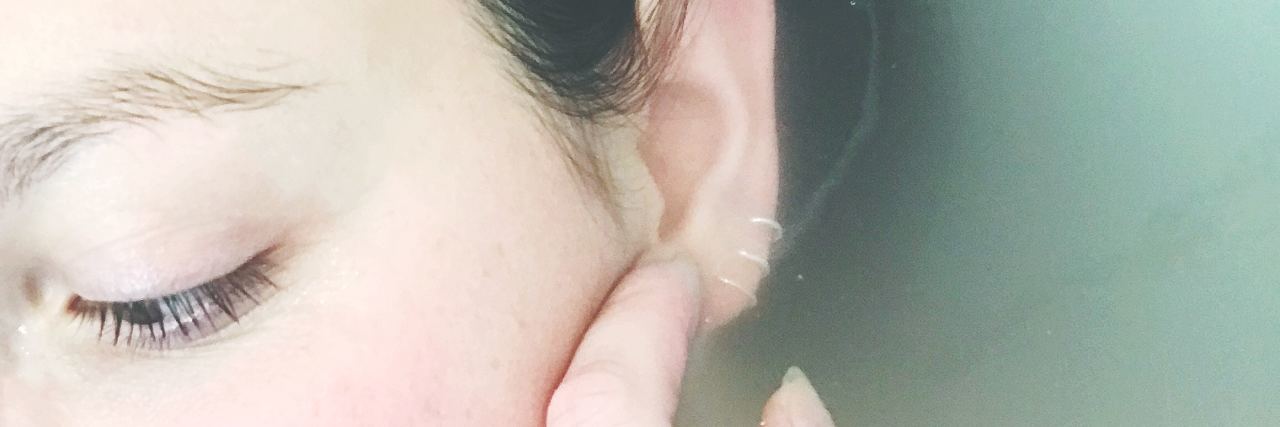Why We Need to Stop Using the Terms 'High-' and 'Low-Functioning'
You are so much more than your diagnosis, your disease, your disorder, your condition or your lack thereof. No one has the right to decide how high or low functioning of an individual you are.
• What is Bipolar disorder?
I decided to Google “high-functioning” in search of an accurate definition for the term. The results set me back. The term did not illicit a definition, merely tips for “signs you could have x” or “tips for dealing with y.” Curious and slightly irritated I searched “low-functioning.”
Again, no definition but plenty of articles entitled “what you need to know about x.” The majority of articles I read (OK, so I briefly skimmed them) dealt with these terms in the context of autism and bipolar disorder, with quite a few mentioning depression or anxiety. Much to my satisfaction quite a few articles mentioned the necessity of removing terms such as high and low-functioning from our vocabulary.
It’s frustrating to be denied care or denied a voice as a consequence of these labels. I myself have been denied mental health care post being deemed “too high-functioning.” Not only was I frustrated, but my body cried out for help in a dangerous way. Since this incident, I have become more self-aware and am looking beyond what is or is not within my reach. I am considered high-functioning for an individual with bipolar disorder, but life in general can be tough, and some days require more help than others.
As I skimmed articles about being “low-functioning,” I noticed a trend. Individuals with this label need “special” attention, meaning to be taught differently. In my opinion, these seem to be general human needs. We all require a type of “special” attention. Various teaching methods have been developed with the understanding that not all individuals learn the same way. This world has a tendency to be a bit tougher on certain individuals, but that does not give others the right to patronize or deny the voice of any human being.
Unfortunately, I don’t have the magic touch to make these terms disappear; I don’t think you do either. I do, however, have a proposition. You and I have the power to change the way the world perceives these diseases, disorders and diagnoses, so let’s start by changing the way we talk about them. This will not be an overnight transition; our world does not work that way. We must not demand change, we must slowly persist against labels like these until they are irrelevant.
Photo by Coline Haslé on Unsplash

